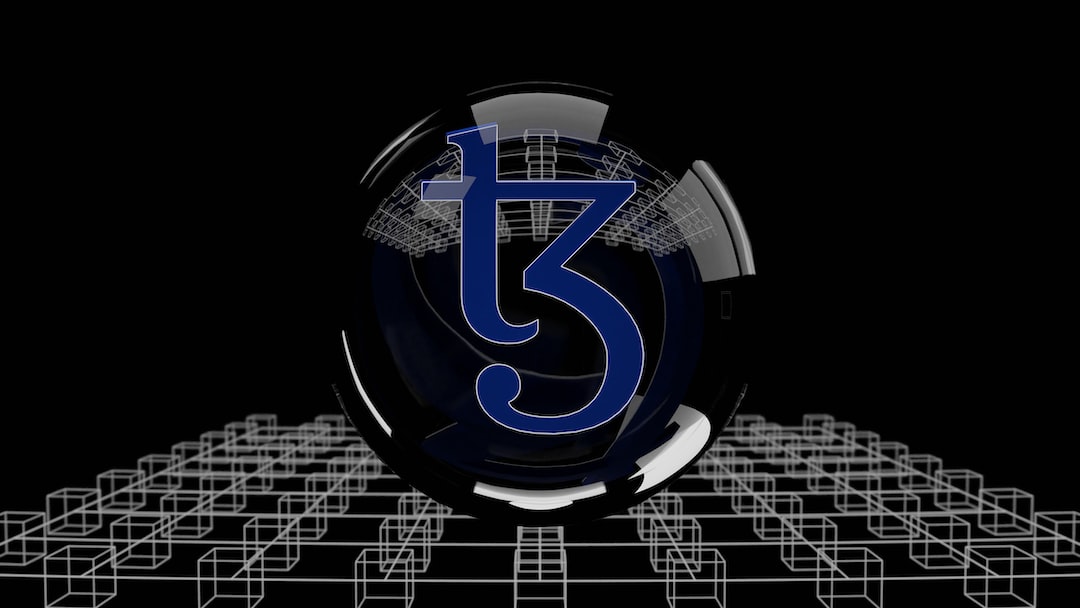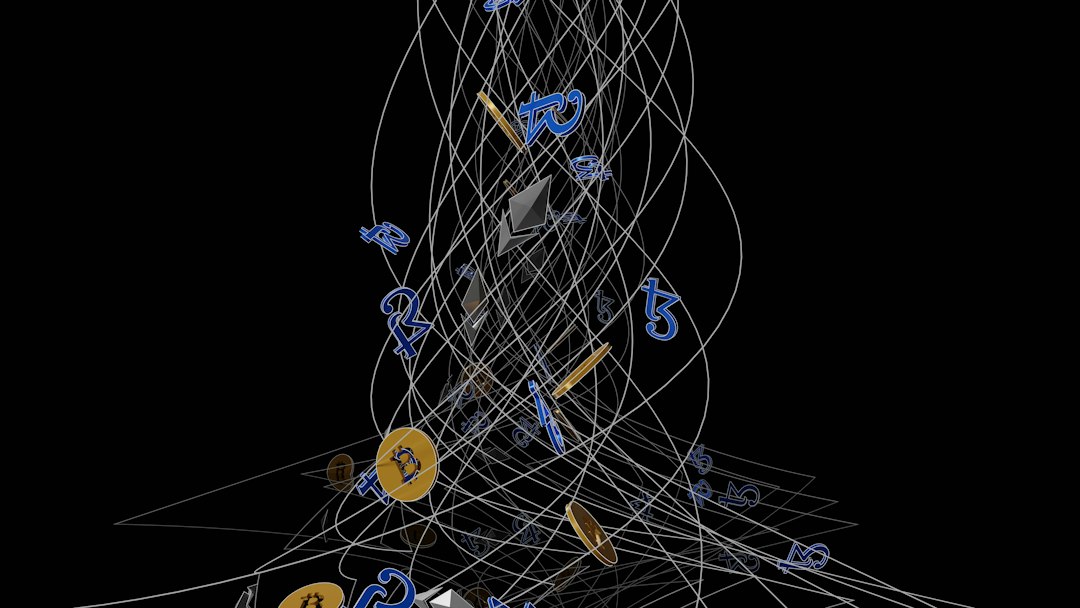Mastercard and Reserve Bank of Australia Successfully Test CBDC on Ethereum
Payments processing giant Mastercard and the Reserve Bank of Australia (RBA) have conducted a successful test of a central bank digital asset (CBDC) on the Ethereum blockchain. The test focused on the interoperability of the CBDC and the ability to restrict its use to “authorized parties.” Mastercard’s solution allowed the holder of the pilot CBDC to purchase a non-fungible token (NFT) listed on Ethereum.
The RBA’s pilot CBDC platform locked a specific amount of currency and minted an equivalent amount of wrapped pilot CBDC on Ethereum. Mastercard’s solution included controls to ensure that the pilot CBDC can only be held, used, and redeemed by authorized parties who have undergone Know Your Customer (KYC) verification.
To complete the test transaction, both the buyer’s and sellers’ Ethereum wallets, as well as the NFT marketplace smart contract, had to be “allow-listed” within the platform.
Controversy Surrounding CBDCs
Central bank digital currencies have sparked controversy within the crypto community. Many developers and politicians have raised concerns that CBDC transactions would compromise people’s privacy and expose them to financial censorship. Last month, US Republican lawmakers in the House Financial Services Committee voted in favor of a proposed law aimed at preventing the Federal Reserve from issuing a CBDC.
Hot Take: Mastercard and RBA Demonstrate Potential for CBDCs
The successful test conducted by Mastercard and the Reserve Bank of Australia demonstrates the potential for central bank digital currencies (CBDCs) to integrate with existing blockchain platforms like Ethereum. By enabling interoperability and implementing strict controls for authorized parties, this test paves the way for trusted web3 commerce. However, the controversy surrounding CBDCs persists, with concerns about privacy and financial censorship. As CBDC development continues, it is crucial to address these concerns and ensure that the benefits of digital currencies are balanced with individuals’ rights and freedoms.





 By
By
 By
By
 By
By
 By
By

 By
By